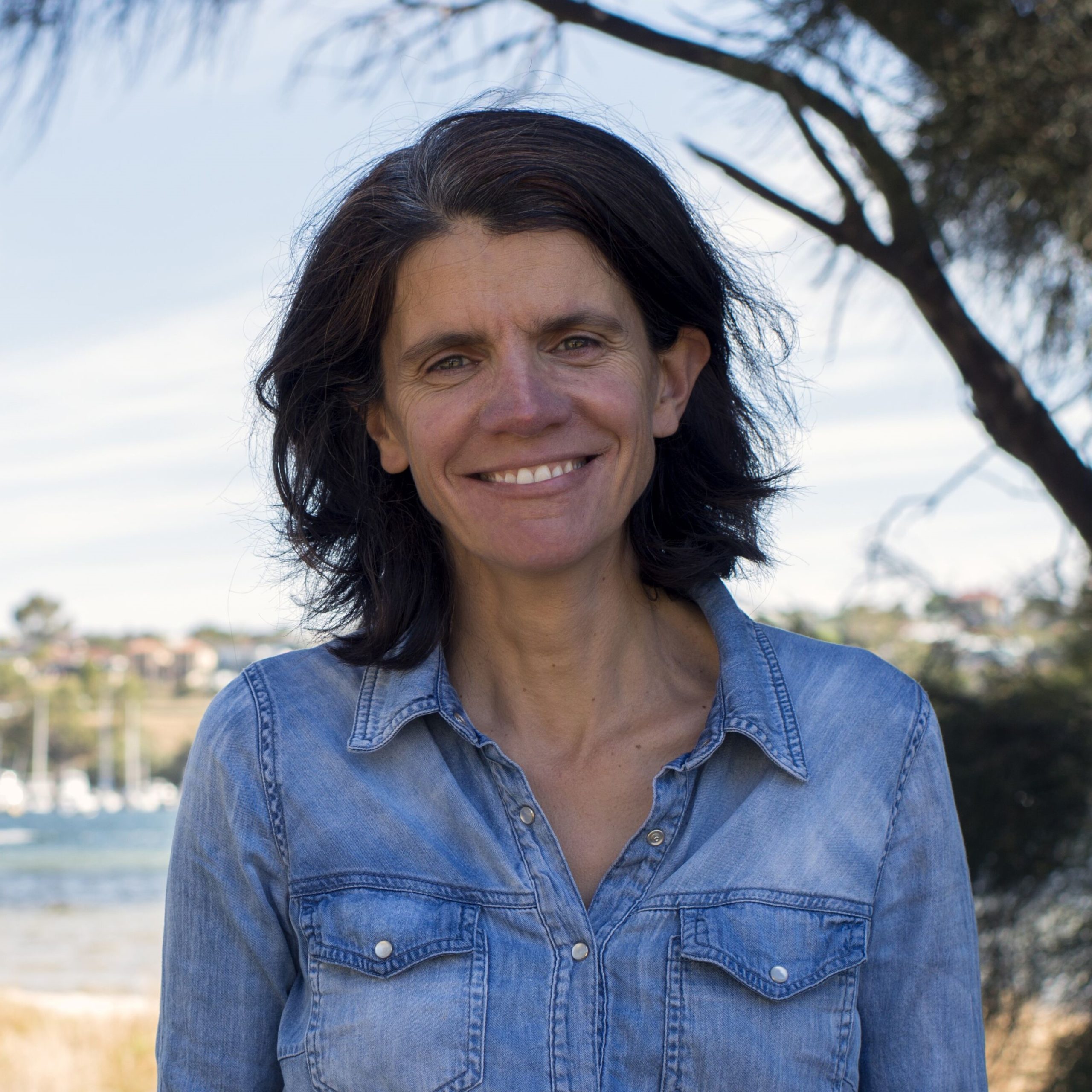While welcoming state and territory moves to phase out problematic single-use plastics, Australia’s best known ‘plastic activist’ and Winston Churchill Fellow Rebecca Prince-Ruiz says joint action by governments, manufacturers, retailers and consumers is the only strategy for addressing the mounting pollution crisis.
As part of her Churchill Fellowship, Rebecca travelled to Netherlands, Hong Kong, USA and the UK to investigate innovative programs of raising awareness, management and solutions to plastic pollution.
Plastic items, made mostly from the fossil fuels oil and gas, include food containers, packaging and coffee cups, plastic bags and now even low-cost consumer items such as folding camping chairs are often discarded after a single-use.
‘We’re seeing some good legislative steps but there is much more to do,’ said Ms Prince-Ruiz, Executive Director of the Plastic Free Foundation who received a Churchill Fellowship in 2015 to research solutions to the global plastic pollution. She is the winner of the Australian of the Year 2021 WA Local Hero Award.
The foundation coordinates the annual ‘Plastic Free July’ challenge that started in 2011 and now has an estimated 140 million participants worldwide. It is concerned about recent predictions that even with aggressive action to cut demand and improve efficiencies global plastic production would almost double in less than 40 years.
‘Sadly, there is no predicted date for reaching “peak plastic”, a time when production of virgin plastics is likely to downturn,’ Ms Prince-Ruiz said.
‘While Australia now has a National Plastics Plan the legislation needs to go further, and consider instruments such as extended producer responsibility schemes and requirements for manufacturers to use recycled content. A good example, Ms Prince-Ruiz said, is the container deposit scheme, now widely adopted, that has linked consumers, industry and government into a sustainable circular economy for beverage containers.
‘The most recent figures (2019/2020) show Australia’s national plastics recycling rate was 12.4 per cent so we have a long way to go. We need to transition to a circular economy where all materials, and not just plastic, are kept in this system, Reducing and reusing are an essential part of this, not just substituting one single-use item for
another.
‘The reality is that we can’t expect to recycle our way out of this crisis or keep cleaning up our beaches.
‘Addressing the problem means much more than governments banning a list of problematic single-use items and investing in improving recycling. We need to fundamentally change the way we use plastics which requires a reduction in plastic production and consumption, we need to challenge our throwaway culture.
‘We must change how we design, use, and reuse plastics and everyone has a part to play. From consumers remembering reusables and changing behaviour, to governments requiring use of recycled content in plastic products to businesses switching to reuse and refill models, and supermarkets cutting right back on plastic
packaging ,’ Ms Prince-Ruiz said.
NSW moved to end the use of lightweight plastic bags from 1 June 2022, with other plastics targeted from 1 November. The ACT has mandated a phase-out of straws, cotton bud sticks and degradable plastics from 1 July 2022. Other jurisdictions have various timetables and exclusions, with many items, including plastic takeaway containers and helium balloon releases, still getting a free kick. Tasmania has only moved to ban one item, lightweight plastic bags.
Ms Prince-Ruiz said, ‘The environmental impacts of everyday plastic items like the 1.84 billion single-use coffee cups (even the paper ones are lined with plastic) and their plastic lids we use in this country each year are having a terrible impact on the Australian environment as well as globally, not least on the world’s oceans.
‘There’s been progress in Australia but with plastic production increasing exponentially the time to act is now. ‘Waste avoidance is key, and it is critical to stop the problem at the source. We’re inviting every Australian to take part in Plastic Free July, even if you do just one thing like switching from single-use coffee cups by bringing your own reusable or dining in – and invite your local representative: Mayor, State/Territory and Federal MPs to join you. Together we can make a difference.
‘We can all do better to be “conscious consumers”, looking at what and how we buy… and what we leave behind for future generations to deal with. We do have it in our power to take responsibility and make a change for a healthy world,’ Ms Prince-Ruiz said.
Ms Prince-Ruiz is the Executive Director of the Plastic Free Foundation and has participated in plastic pollution research expeditions in Australia, the Pacific, Atlantic and Indian Oceans.
Ms Prince-Ruiz appeared on the ABC television show ‘War on Waste’ and has co-written a book on the Plastic Free movement, published by NewSouth Books and Columbia University Press.
At a national level, she engages with government, community, and business and is a regular presenter, media spokesperson and TEDx speaker. She explored innovative solutions to plastic waste worldwide during a Churchill Fellowship in 2015.
For nearly 60 years, the Winston Churchill Trust has flown more than 4,500 talented Australians around the globe to pursue their passion and bring their knowledge home. Winston Churchill Fellows are people from all walks of life and all sectors; the environment, arts, science, health, agriculture, and beyond. The breadth of topics for Winston Churchill Fellowships are limitless.
